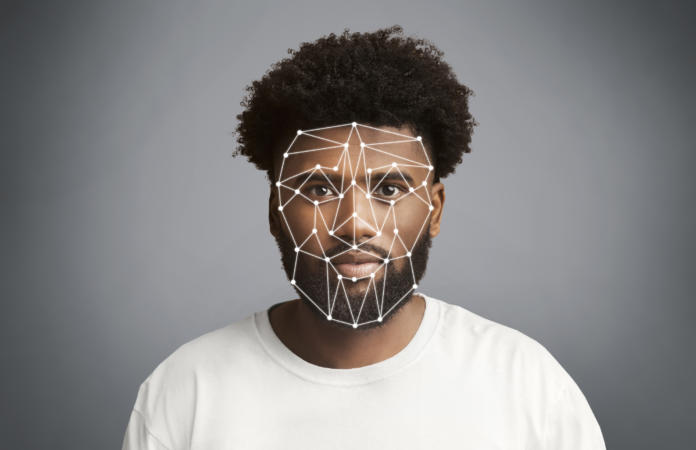Facial recognition technology has been a known issue in police conduct for years now, and the problem has yet to be resolved.
New Jersey man Nijeer Parks, 33, has unfortunately become the third known Black man to be falsely identified and wrongfully-arrested for false facial recognition, according to The New York Times.
The incident occurred in February 2019, when Parks was accused of allegedly shoplifting candy and trying to hit a police officer with a car at a Hampton Inn in Woodbridge, NJ.
Engadget shares officers were called to the Hampton Inn where the alleged shoplifter presented them with a Tennessee driver’s license, which they eventually confirmed to be fake.
State agencies then utilized facial recognition systems to analyze the photo from the ID and found an apparent match in Parks’ state ID. Despite being 30 miles from the incident at the time, officers still identified Parks as the suspect.
As a result, Parks spent a total of 10 days in jail last year, and $5,000 to defend himself but his case was ultimately thrown out for lack of evidence.
He is now suing the police, the prosecutor and the City of Woodbridge for his false arrest and violation of his civil rights, The New York Times reports.
“I was locked up for no reason,” Mr. Parks told the outlet. “I’ve seen it happen to other people. I’ve seen it on the news. I just never thought it would happen to me. It was a very scary ordeal.”
As the third known case of a false facial recognition match that has led to a wrongful arrest in the U.S., this bias software is increasingly becoming a concern for its intent to convict citizens rather than protect them.
The two other incidents where Black men were targets — both in which occurred in the Detroit area — are not just local issues.
“Multiple people have now come forward about being wrongfully arrested because of this flawed and privacy-invading surveillance technology,” said Nathan Freed Wessler — senior staff attorney for the American Civil Liberty Union’s Speech, Privacy, and Technology Project — to Engadget in a statement.
Multiple people have now come forward about being wrongfully arrested because of this flawed and privacy-invading surveillance technology.
Law enforcement use of face recognition technology must be stopped immediately. https://t.co/m1g3pzfvwe
— ACLU (@ACLU) December 29, 2020
“There are likely many more wrongful interrogations, arrests, and possibly even convictions because of this technology that we still do not know about. Unsurprisingly, all three false arrests that we know about have been of Black men, further demonstrating how this technology disproportionately harms the Black community. Law enforcement use of face recognition technology must be stopped immediately,” he concluded.
Although the facial recognition systems used to falsely identify Parks as the suspect has yet-to-be-confirmed, Clearview AI founder Hoan Ton-That told The New York Times that agencies involved did not use his company’s software at the time.
New Jersey attorney general Gurbir Grewal ordered state police to cease usage of Clearview AI’s app back in January. Other jurisdictions have also banned police use of Clearview AI’s controversial software or facial recognition tech in general.
Racial biases embedded in technology has proven to be a threat to Black lives, and this problem won’t go away until proper action is taken to wipe it out.

